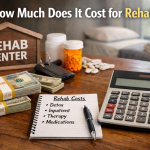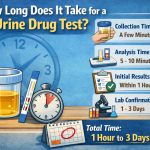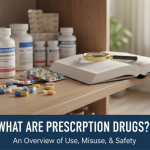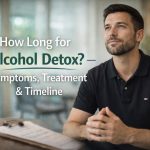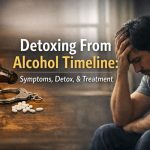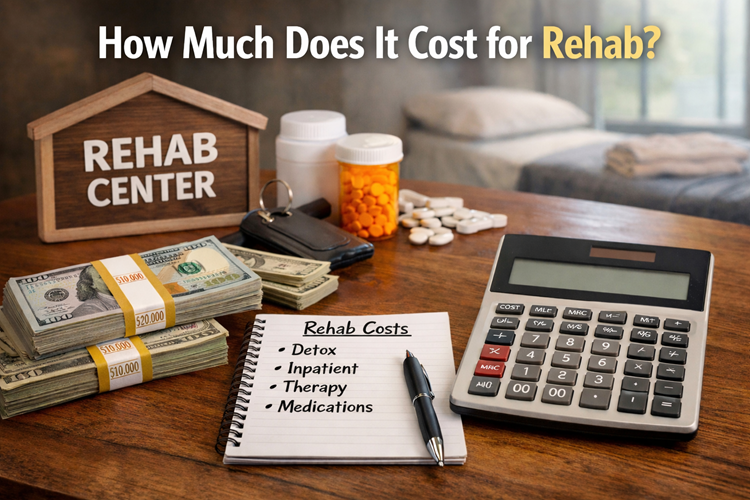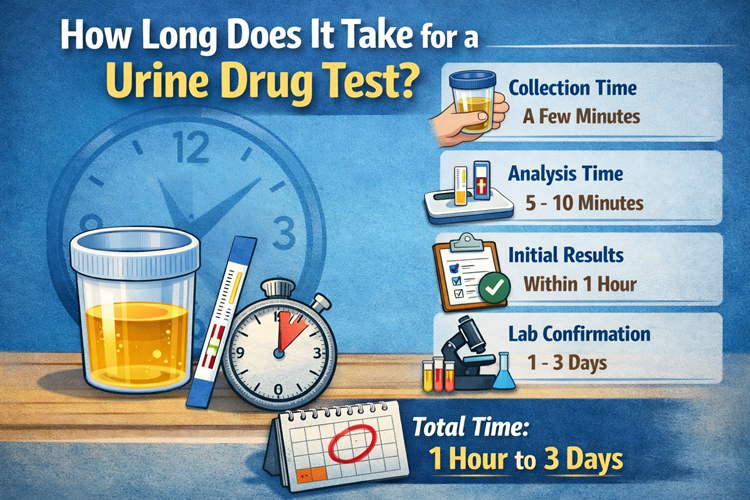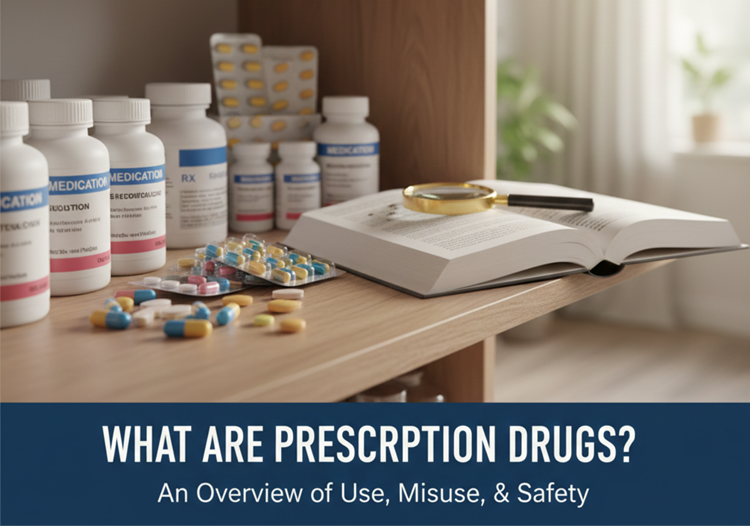It might be harmless to some to drink alcohol daily, but regular drinking can bring sweeping implications on your body and mind. What began as a once in a while drink, can soon develop into an addiction and this addiction can have an impact on your health, relationships and well being in general. Knowledge of the process that occurs once you start drinking alcohol daily can make you realize the danger signs at an early stage and get assistance before it is too late.
The Solutions Healthcare is a provider of customized treatment spaces, including alcohol rehabilitation, alcohol detox programs, and alcohol counseling services to enable people to get rid of alcohol dependence and attain long-term recovery.
How Daily Drinking Affects Your Body and Mind
Alcohol is a tranquilizer which retards the brain activity and influences the nervous system. When taken on a daily basis, it starts to change the way your body operates, which in most cases results into severe physical and mental health effects.
1. Brain and Mental Health Effects
A daily alcohol consumption disrupts the communication pathways in the brain and affects the mood, memory, and judgment. Over time, you may experience:
- Memory loss or lack of concentration.
- Anxiety or depression.
- Mood swings and sleeping problems.
- Alcoholism desire and inability to control alcoholism.
Unless alcohol addiction therapy is done appropriately, these changes may develop into dependence and addiction.
2. Liver Damage
The liver is very important in toxic filtration, which includes alcohol. Taking alcohol on a daily basis can result in:
- Fatty liver disease
- Inflation (hepatitis alcoholica)
- Scarring (cirrhosis)
Your body will be able to start recovering with the help of the professional alcohol detox program and alcohol abuse treatment and additional harm can be avoided.
3. Heart and Circulatory System Risks
Regular drinking elevates blood pressure, kills the heart muscle, and exposes one to stroke. Even low quantities of daily consumption can be detrimental in the long run.
4. Digestive and Immune System Problems
Alcohol damages the lining of the stomach causing ulcers, acid reflux and lack of nutrient uptake. It also suppresses the immune system which exposes you to the risk of infections.
Emotional and Social Consequences of Daily Drinking
The harm caused by alcohol consumption on a daily basis is as harmful psychologically as the physical effects. The alcohol can easily be used as a stress coping factor, sadness or even loneliness yet it can soon backfire and aggravate these conditions. In the long run, it may be a source of stress in relationships, low productivity, and lead to emotional isolation.
Our Solutions Healthcare alcohol recovery center is a conducive place with all-inclusive care and emotional support given to clients to help them restore their lives.
100% Confidential Support is Available 24/7
No matter what you’re going through, you’re not alone. Our dedicated team is here to provide a safe, judgment-free space where you can talk openly and honestly. Whether you need emotional support, resources, or just someone to listen.
We’re here for you—completely confidential and always respectful of your privacy. Call us today!
Recognizing the Signs of Alcohol Dependence
Being aware of the initial signs of addiction to alcohol will help you or your beloved to seek help at an earlier stage. Common signs include:
- The necessity to take alcohol to calm down or appear normal.
- Tolerance (less is required to have the same effect): Increased.
- Symptoms of withdrawal such as shaking, sweating or anxiety upon the absence of drinking.
- Failure to observe obligations or relationships to consume.
- Failed attempts to cut back
In case you can relate with these signs, you might need the professional assistance of an alcohol recovery facility or inpatient alcohol rehabilitation.
Contact Solutions Healthcare
Battling with Drug and Alcohol Addition? Remember, you are not alone and we are here to help you!
Alcohol Detox and Treatment Options
The process of alcohol detoxing is physically difficult and dangerous especially when used daily. The patients can experience tremors, nausea, hallucinations, and seizures. This is why alcohol withdrawal management of medical care is essential to the safety and comfort in this stage.
Inpatient Alcohol Rehab
Alcohol rehab inpatient care offers a supportive and structured system of individuals that require the 24-hour medical and emotional support. Therapy, education and group support help clients to deal with the underlying causes of addiction.
Outpatient Alcohol Treatment
The treatment of outpatients is best suited to the individuals with mild to moderate addiction, who will be able to take care of their responsibilities and spend time in the treatment and counseling sessions during the day.
The two alternatives in Solutions Healthcare incorporate the alcohol counseling services, alcohol addiction therapy and alcohol relapse prevention planning to facilitate long term recovery.
Therapy and Counseling for Alcohol Addiction
Therapy is very important in assisting one to recognize triggers, cope with cravings, and restore a satisfying life. Solutions Healthcare provides:
- Cognitive Behavioral Therapy (CBT) to transform the destructive ways of thinking.
- Motivational Interviewing (MI) to enable you to be more determined in the recovery process.
- Family and Group Therapy Relationship healing to establish support systems.
We aim at providing clients with the means to a successful alcohol relapse prevention and life-long sobriety.

When to Seek Help
When you are drinking every day and you are unable to reduce drinking, now you have to find some professional help. The therapy of alcohol abuse is not a punishment but the healing process, the recovery of your life.
In Solutions Healthcare, the caring staff offer alcohol rehabilitation, detox, and continued alcohol counselling to clients to help them get a permanent recovery.
100% Confidential Support is Available 24/7
No matter what you’re going through, you’re not alone. Our dedicated team is here to provide a safe, judgment-free space where you can talk openly and honestly. Whether you need emotional support, resources, or just someone to listen.
We’re here for you—completely confidential and always respectful of your privacy. Call us today!
Start Your Recovery Journey Today
You do not need to overcome alcohol addiction on your own. One phone call is the beginning of the road to recovery.
Call Solutions Healthcare today (386) 866-3600 to find out more information about our alcohol detoxifications, inpatient alcohol rehabilitation and outpatient alcohol treatment. We can guide you to make the first step towards freedom, health and long term sobriety.
FAQs About Drinking Alcohol Every Day
1. What are the first signs of liver damage from alcohol?
Initial symptoms of liver damage caused by alcoholism are fatigue, loss of appetite, nausea, abdominal pain and yellowing of the skin or eyes (jaundice). The alcohol detox program and an early diagnosis and treatment can prevent the irreparable damage.
2. Is it actually bad to drink every day?
Yes. Consuming alcohol on a daily basis exposes you to the risk of developing health complications like liver disease, heart complications, mental health problems, and addiction. Even a daily dose of small proportion may have long-term effects.
3. Is a person who drinks every day an alcoholic?
Daily drinking is also a good indicator that one is dependent, but not all people who drink every day are alcoholics. In case you struggle to quit or regulate alcohol consumption, it can be a sign of alcohol use disorder and the necessity of alcohol rehabilitation.
4. Who lives longer, drinkers or non-drinkers?
Research indicates that non-drinkers/ occasional drinkers have a higher life expectancy as compared to regular alcoholic drinkers. Daily drinking in the long term reduces the life expectancy because this practice affects major organs adversely.
5. What is the best thing to replace alcohol with?
The less harmful ones are sparkling water, kombucha, herbal teas, and alcoholic-free mocktails. New activities, exercise, or relaxation are also suggested to you as a way of controlling cravings and preventing the relapse.







